Going greener at work
There are many ways to reduce your carbon footprint through small changes in your daily activities, from methods of transport to activities at work or the home office space.
04/01/2022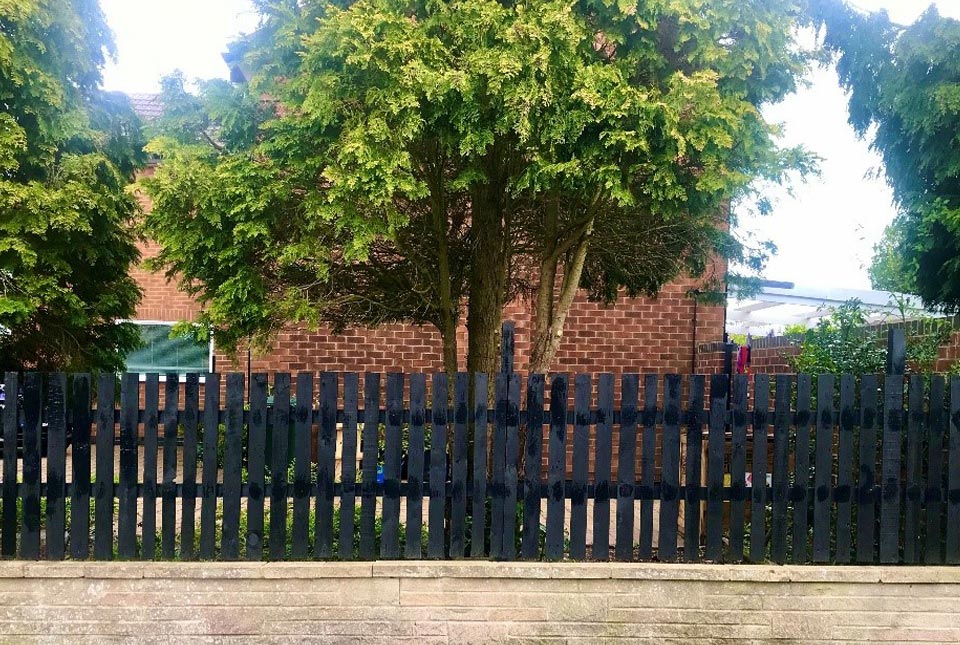
At BGS, one of our key goals is improving our environmental sustainability, not only as an organisation but also by making small changes to the ways in which we work on a personal level.
Following COP26, held in November 2021, it is clearer than ever that there is a critical need for businesses and individuals to actively work towards achieving net zero carbon emissions by 2050.
Working sustainably
On an individual level, we all have a responsibility to contribute towards improving environmental sustainability in our daily lives. Whilst most of us are aware of our carbon footprint, often we do too little to prevent or reduce our environmental impact. For some, this may be due to the inconvenience of changing aspects of our lifestyles; for others it may be a result of misinformation or a misperception about environmental sustainability in modern society. For example, you may feel that your personal sustainability is hindered by working practices, however there are several small changes most of us can make as part of our daily working lives that will actively aid improving environmental sustainability.
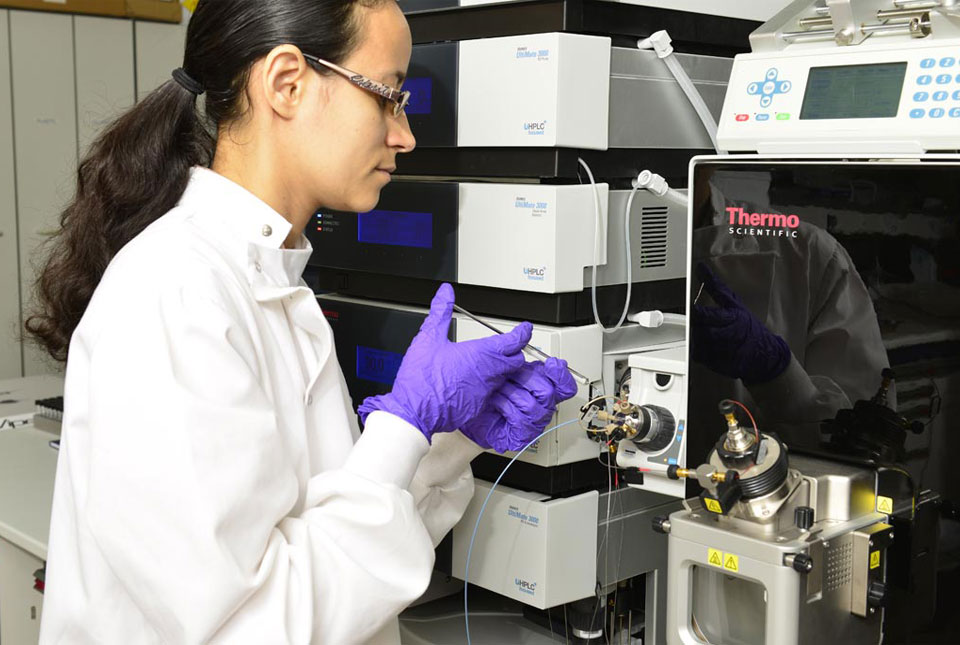
Improving the sustainability of our laboratories is integral to the British Geological Survey’s Environmental Sustainability Strategy. BGS © UKRI.
At BGS, our staff are becoming more sustainably aware and we are helping to support them, while also reducing our corporate footprint, by embedding environmental sustainability into our business practices, as outlined by the recent annual Environmental Sustainability Strategy (ESS) annual progress report.
There are many ways to reduce your carbon footprint through small changes in your daily activities, ranging from methods of transport through our activities at the office to working practices in our personal office space. Here are some tips that may help you become a little more sustainable in your working life.
Reducing your carbon footprint
For some, there may be the option of more sustainable commuting such as walking, cycling (we are part of the Cycle to Work scheme) or public transport. You may be in the position to switch to an electric car — we have charging points now at Keyworth, Edinburgh and Eskdalemuir — or organise a car-share system, providing this complies with Government COVID-19 guidance.
Some staff may consider their carbon footprint as a reason to work from home. However, keep in mind that, when working at home during the winter, it can be more efficient to light and heat a shared office space than several individual homes that may be less carbon efficient.
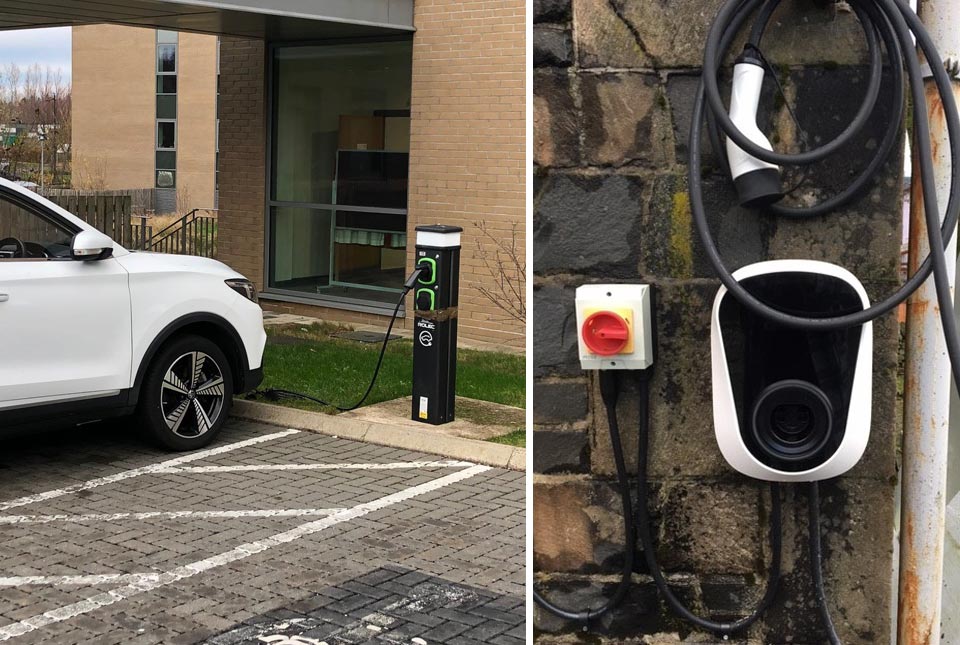
BGS has installed charging points for electric vehicles at some of our office spaces, such as Edinburgh and Eskdalemuir. BGS © UKRI.
Whether working from home or in a shared office, there are also small changes that can help reduce our carbon footprint, which collectively can make a significant organisational saving over time.
- Turn off equipment and lights when not in use. Do a quick check of the offices and rooms you use before leaving for the end of the day.
- Turn off your computer overnight.
- Maximise the use of equipment by using things like laboratory ovens, fridges, freezers and dishwashers at full capacity.
- Virtual meetings are a great way to reduce carbon associated with business travel. Interestingly meeting via Zoom and MS Teams still use a lot of carbon, but a study has shown that turning off your camera during a virtual meeting can save up to 96 per cent of the carbon footprint of your meeting, although this needs to be balanced against the effectiveness of non-camera meetings. Sometimes a phone call can be better.
- Make sure windows are closed at the end of the day.
- Ensure taps are turned completely off and report water leaks and dripping taps to relevant parties.
‘Reduce, re-use, recycle’ to limit waste
By following the ‘reduce, re-use, recycle’ principles, we can all limit the amount of waste we produce and how much of it we send to landfill.
- Reduce your use of single-use items such as cups, bottles, bags and books, and opt for re-usable or durable alternatives. Take an active role in the environmental sustainability of your workplace and investigate if there are additional waste streams that could be implemented to improve recycling.
- Re-use or upcycle items. We encourage staff to re-use and upcycle core boxes and pallets leftover from our geological repository. Staff are very inventive in finding ways to use the waste wood, making bird boxes, bug hotels, hedgehog boxes and even fencing.
- Recycle whenever possible. You may be surprised by how many items can now be recycled. In our offices, hard plastic, metal cans, paper and cardboard can be placed in the recycling bins around site. There are also specialist scrunchable or soft plastic recycling bins at our Keyworth site, for recycling items like crisp packets.
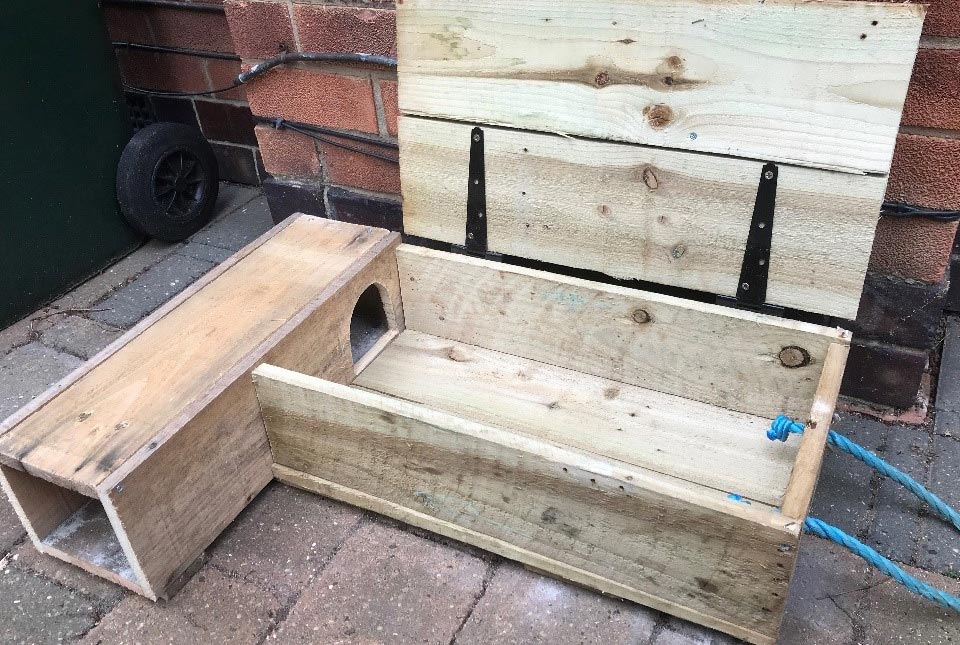
A hedgehog box made from upcycled core boxes. BGS © UKRI.
‘Low-carbon’ foods
The carbon footprint of our food has been calculated by Prof Mike Berners-Lee from Lancaster University in his recent book How Bad are Bananas? The Carbon Footprint of Everything, and includes farming practices, agricultural machinery, methane burps, transportation of food and drink to retail (Berners-Lee, 2010). While choosing to eat foods with a low carbon footprint is not always easy, these simple guidelines could be helpful when it comes to thinking about your packed lunches or working food options.
- Eat seasonal fruit and vegetables that are locally grown.
- Reduce meat and dairy consumption or opt for the meat of grass-fed animals. Pork and chicken have lower carbon footprints.
- Plan your meals and eat everything you buy to reduce food waste.
- Buy products with less packaging, for example loose fruit and vegetables, or shop in stores that allow you to take your own containers.
- Cook using low-carbon methods, for example putting lids on saucepans and using a kettle instead of a saucepan to boil water for improved efficiency.
At BGS, we have incorporated this guidance into our sustainable catering policy.
- We now only serve sustainably sourced meat.
- We have increased provision of seasonal, plant-based and Fairtrade options.
- We have eliminated plastic bottles and disposable cutlery.

Cooking using low-carbon methods, such as putting lids on saucepans, can help improve energy efficiency. Source: Pexels.
Advocate for environmental sustainability
Overall, environmental sustainability starts at an individual level. While larger-scale workplace changes will be important in meeting national net zero carbon targets, it is the personal decisions we make every day that can begin to make a huge difference. You can advocate for environmental sustainability in your workplace by:
- taking personal responsibility for promoting environmental sustainability in your area
- report leaks of water and energy to limit waste
- encourage colleagues to think about their personal sustainability
- get informed and engage
Environmental sustainability is moving to the forefront of our future business practices and there are plenty of resources available to find out more information about specific topics that interest you.
Join the Green Rewards scheme
For our Keyworth office staff, Rushcliffe Borough Council are offering the Green Rewards scheme, where individuals can earn discounts, vouchers and prizes for playing their part to combat climate change and achieve net zero. If the scheme is also on in your area, you can sign up for free and download the Green Rewards app on iOS and Android.
There will be different opportunities to make sustainable changes in every organisation. We hope this article has given you a few ideas to try in your own workplace or home office, and inspired you to share with colleagues or think creatively to come up with some of your own solutions. Collectively we can make a significant difference.
Berners-Lee, M. 2010. How Bad are Bananas? The Carbon Footprint of Everything. (London, UK: Profile Books Ltd.) ISBN: 978-1846688911
Obringer, R, Rachunok, B, Maia-Silva, D, Arbabzadeh, M, Nateghi, R.,and Madani, K. 2021. The overlooked environmental footprint of increasing Internet use. Resources, Conservation and Recycling, Vol. 167, 105389. DOI: https://doi.org/10.1016/j.resconrec.2020.105389
About the author
Relative topics
Latest environmental sustainability news
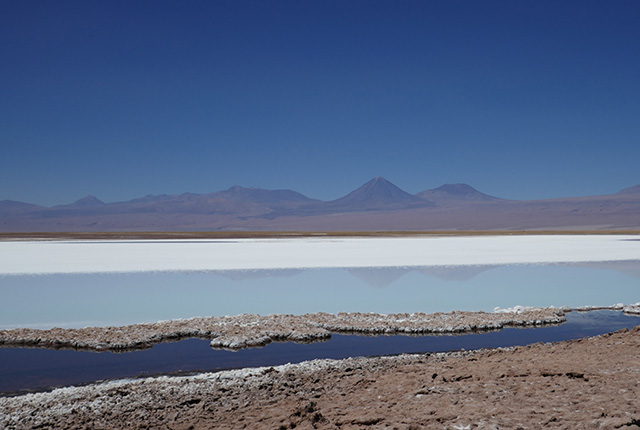
Responsible extraction in South America’s Lithium Triangle
02/08/2024
A BGS team visited Argentina and Chile to investigate how to extract lithium more responsibly in the face of growing worldwide demand.

BGS to help deliver International Centre of Excellence on Sustainable Resource Management
27/02/2024
BGS has been announced as part of a consortium approved by the UN to deliver its International Centres of Excellence on Sustainable Resource Management.
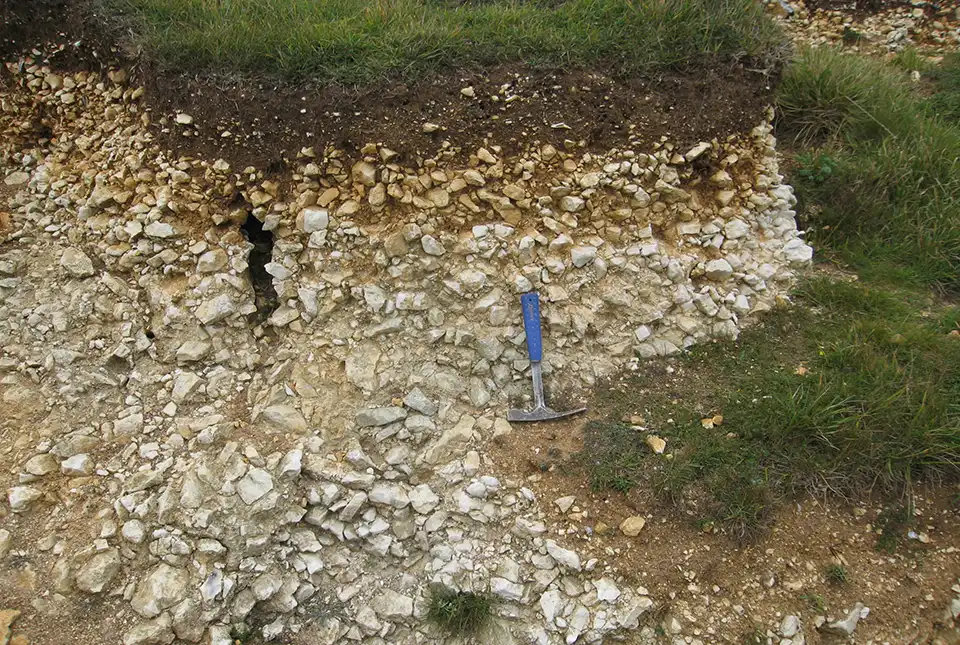
How BGS is helping the farming sector of Great Britain
17/01/2024
New legislation concerning soil management and technology in modern farming has led to an increase in enquiries about BGS’s Soil Parent Material Model.
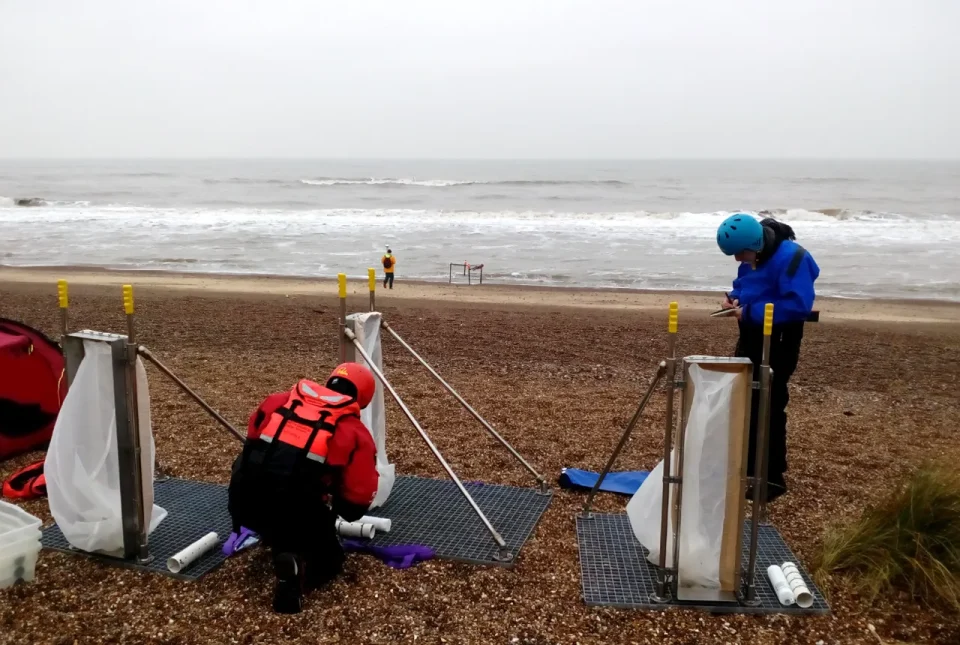
BGS to lead new research project on barrier systems to support more sustainable coastal management
06/12/2023
Scientists at BGS will lead a new four-year project that will enhance our understanding of gravel barrier systems across the coastlines of the UK.

BGS receives award at the World Landslide Forum 2023
30/11/2023
BGS’s landslide team has been designated a World Centre of Excellence on landslide risk reduction by the International Consortium on Landslides.
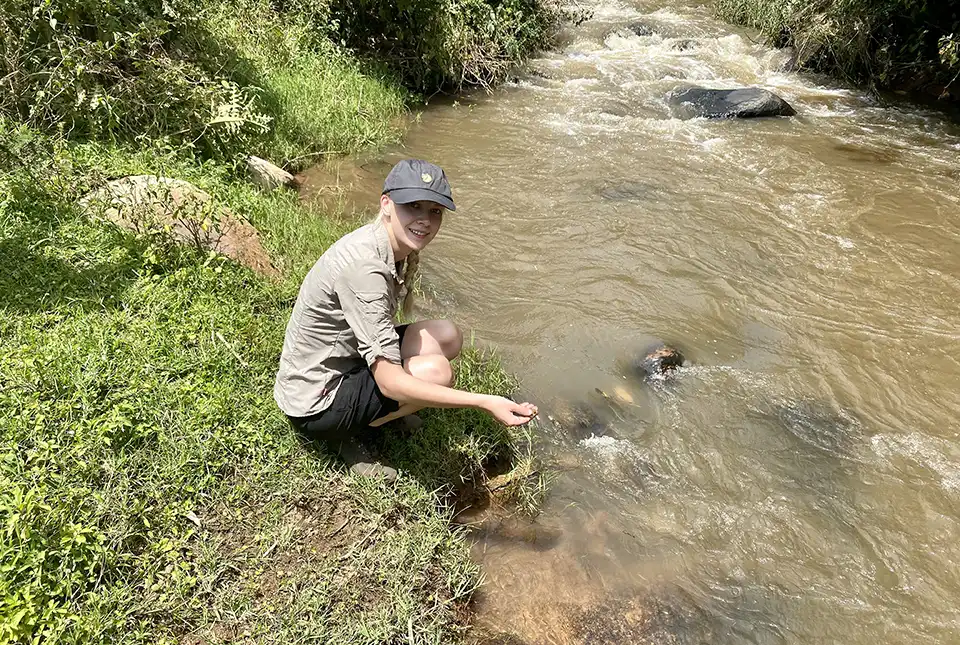
The optimisation of plutonium separation
07/11/2023
BGS research leads to advancements in the detection of plutonium and ultimately the determination of soil erosion rates in tropical soils.

Industry-leading data sharing partnership announced
02/11/2023
A data sharing partnership has been agreed between BGS and Ossian, allowing BGS to advance its knowledge of the rock and soil conditions under the seabed.

TerraFIRMA
TerraFIRMA is a five-year, NERC-funded, Multi-Centre National Capability (MCNC) UKRI award running from April 2022 to March 2027
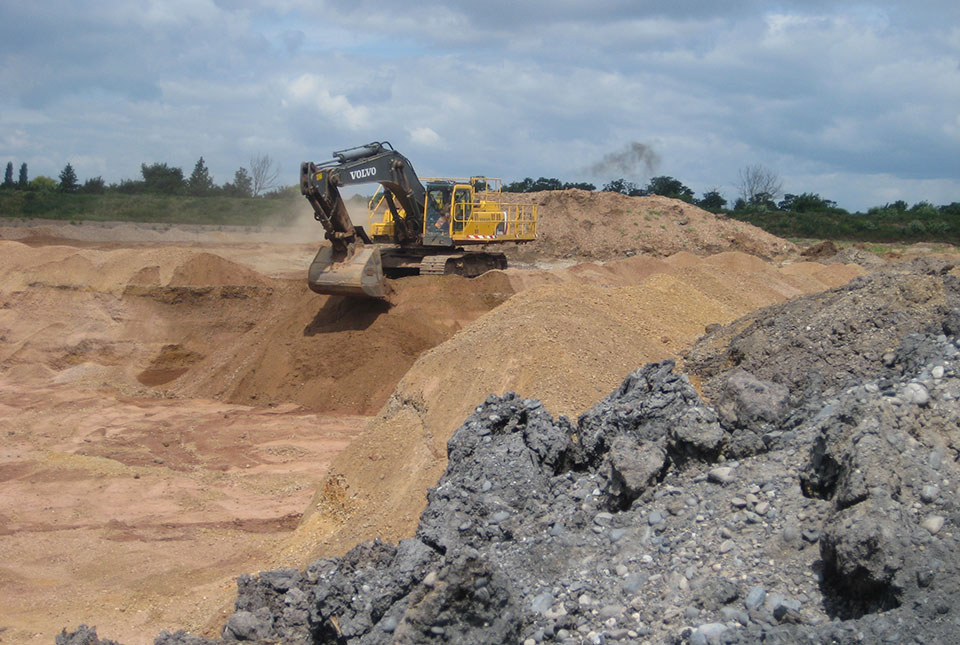
Good practice for sand mining
24/10/2023
Tom Bide and Clive Mitchell outline how BGS is working on geoscience-led solutions for the global issue of sand mining.
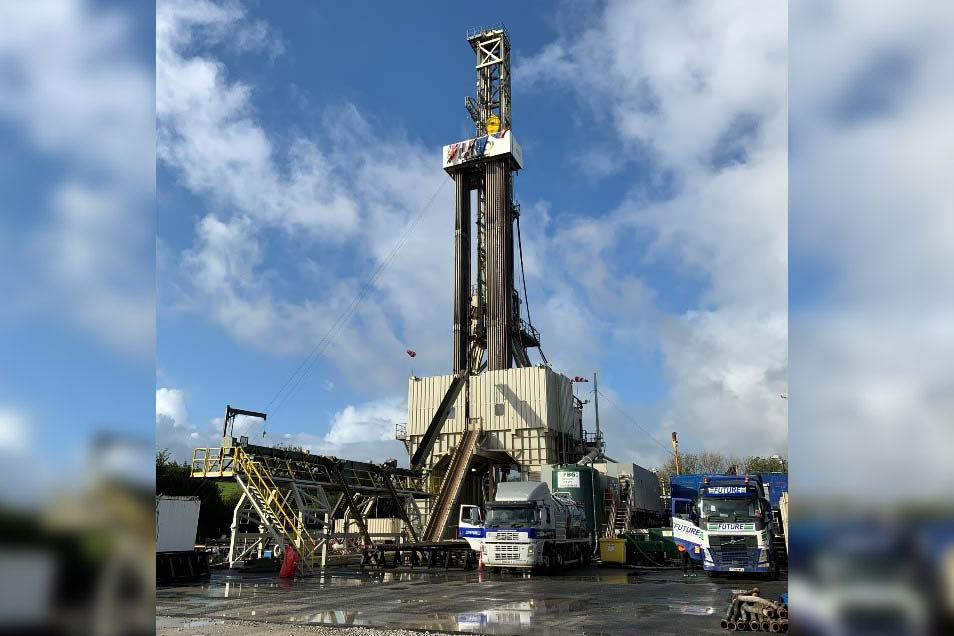
New report assesses deep geothermal energy in the UK
17/07/2023
A new BGS report assesses the current situation around and future potential of deep geothermal energy in the UK.
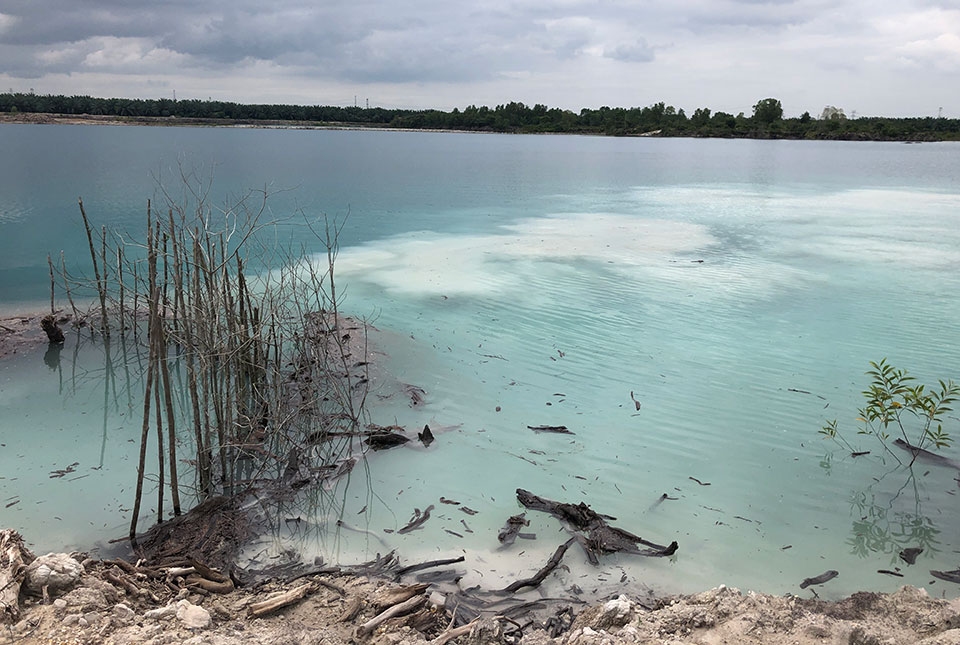
Living in a world made of sand
17/07/2023
Tom Bide and Clive Mitchell outline the BGS Sand and Sustainability project, which is working on geoscience-led solutions for the global issue of sand mining.
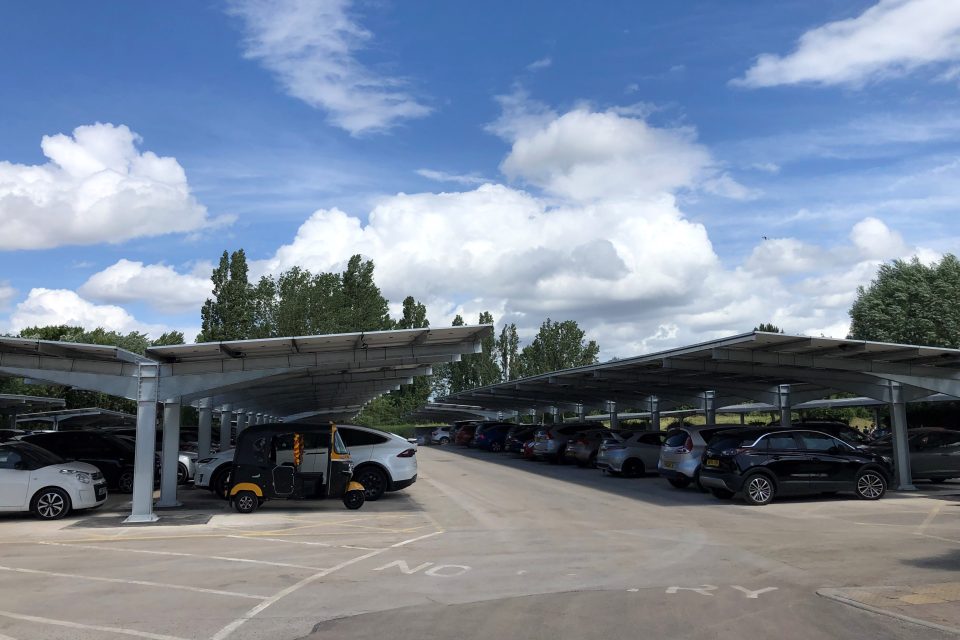
NERC recognised by the Carbon Trust for its step towards net zero
07/06/2023
The Natural Environment Research Council (NERC) has achieved the ‘taking action’ tier of the Carbon Trust’s Route to Net Zero Standard.




